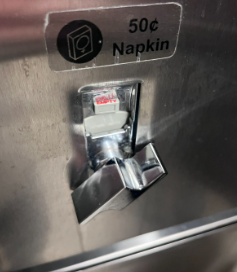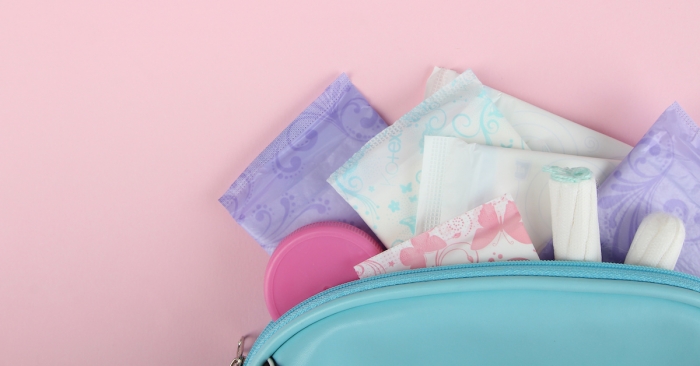It has been brought to the attention of many women around the world that the difficulty in accessing menstrual products is an issue that public facilities, such as schools, have been reluctant to resolve. Menstrual health and hygiene are crucial in human existence, and feminine products should be perceived as imperative to providing more equity within healthcare.
When women start to feel a sense of stigma around caring for themselves, especially during their periods, they are more at risk of jeopardizing their own health while mismanaging their menstrual cycle. When there are financial barriers, such as making women pay for products that help them feel partially functional throughout the day, then it is valid to question the lack of compassion within society. Furthermore, why should female students have to earn their right to something as simple as a pad when menstruating is a basic fact of human existence?
A Need For Menstrual Equity
In regards to the affordability, accessibility, and safety of menstrual products, women are still stripped of these rights known as menstrual equity. However, menstrual equity is not only about accessing feminine products but also emphasizing the importance of education and reproductive care.
Menstrual equity is crucial for women when deciding how they should care for themselves, with the support of their community; they should not be limited to menstrual hygiene management in any circumstance. Although menstrual equity can be easily established, the likelihood of facilities providing free feminine products is slight when society has not completely normalized women’s periods in general. The stigmas of having or for better words, feeling embarrassed when menstruating, prevent schools from viewing menstrual health as a priority even though they are the ones who educate students about the subject
The Constant Battles Around the World
Obrestricts and Gynecology demonstrates a study based on the fact that 22 million women live in poverty in the U.S. and have discovered that “..64% of women reported ever having difficulty affording menstrual products..” and “…21% reported that they were unable to afford these products every month..”
If around 1.8 billion people worldwide menstruate every month, as stated by the National Library of Medicine, then the majority of the women in poverty are certain to undergo the financial burden of accessing products.
Moreover, financial barriers to accessing menstrual products allow for more women to remain in poverty. To manage the wellness of the community, schools, and districts should address the barriers that prevent students, who are not necessarily expected to have a high-paying job, from accessing free, feminine products.
 The Problem Within the Community
The Problem Within the Community
Quakertown Community High School continues to use outdated menstrual product dispensers that require female students to pay for a tampon and pad. However, students have recognized that the dispensers have not been replenished and fail at the purpose of giving students access to its products.
Without a doubt, there have been multiple occasions where students felt uncomfortable continuing the rest of the school day due to the symptoms of menstruation taking over their academics and education; another important responsibility that schools are to fulfill.
To create a safe environment within the Quakertown community, it should be required to provide free feminine hygiene products if not any at all, especially if restrooms are where they are utilized the most
Solutions That Make an Impact
Even outside of schools, reducing the prices of menstrual products allows for more accessibility and reduces the risk of sexually transmitted infections and bacterial vaginosis. The harmful cultural or social norms related to menstruation can only lead to the continuation of financial barriers. Everyone should feel comfortable in their skin without having to be concerned about the cost of their menstrual health and hygiene.
Federal Grant funds give states the option to provide students in elementary and secondary school with free menstrual products. Even the Feminine Hygiene Grant Program allows schools to receive grants to provide feminine products for free. As of January 8th, 2024, “25 states and Washington D.C. have passed legislation to help students who menstruate have free access to period products while in school.”
States have passed over 60 related bills in the last eight years relating to the accessibility of feminine products, 30 of which within the last two years. If more states are willing to create a bill that would strip costs away from obtaining menstrual products, then the bill will more likely be passed.
There have been many opportunities to make solutions and Quakerton can be in this cause. It is not an obligation to eliminate tax on menstrual products or to cover the cost of all menstrual products, but assisting students in need helps strengthen the image of Quakertown as a whole. Accessing feminine products is an issue that many schools disregard, but the need for them is not taken into consideration. Many students depend on the school they attend five days a week to give them the proper care and rights within the healthcare system.










